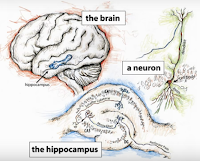
How Physical Activity Turns Back the Brain’s Clock
The protein BDNF builds synapses in the human brain, nurturing brain cells and fighting off dementia. While there is no artificial way of boosting it, social and cognitive activity can.

The protein BDNF builds synapses in the human brain, nurturing brain cells and fighting off dementia. While there is no artificial way of boosting it, social and cognitive activity can.

People may not have easy access to sophisticated, expensive dementia tests. A simple test from Einstein Medicine uses a stopwatch and a few questions to determine one’s risk of dementia. The potential payoff could be tremendous for individuals, their families and society.

Researchers in Florida find that robotic pet cats improve mood, behavior and cognition in older adults with mild to moderate dementia. Find out more.
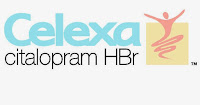
The antidepressant drug citalopram, also sold under the brand names Celexa and Cipramil, significantly relieves agitation in Alzheimer’s. Learn about the benefits and side-effects.

Here’s Teddy Mac and his son Simon singing Oklahoma – one of his showstoppers – from a few years ago.

Ketone-rich diets increase the SIRT3 protein that protects neurons from death during the progression of Alzheimer’s disease. But how does it work? Find out more.

This isn’t any ordinary garden! It’s home to a very special group of people living well with Alzheimer’s.

For 12 years, a special program called “Dusk ‘Til Dawn” has been successfully fighting sundowning.
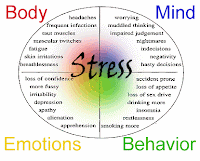
Memory failing? New research shows you may need help, but not for dementia. Memory slips, stress and fatigue are growing in people with healthy memory.

People worry about becoming forgetful. Is it the first sign of Alzheimer’s or just the passing years? After all, forgetfulness is a normal part of aging. Check out these quick ways to tell the difference.
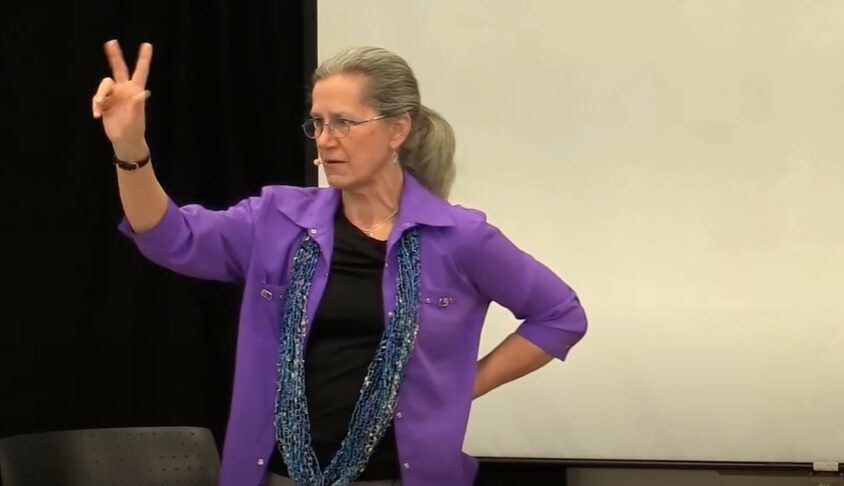
There is more to us than our brains and our bodies, says dementia expert Teepa Snow. “There’s more to us than that … When we’re together, we become more.” Watch now.

Berkeley researchers reveal deep sleep might protect memory—even in the face of Alzheimer’s. Could your nightly rest be the brain’s best defense?
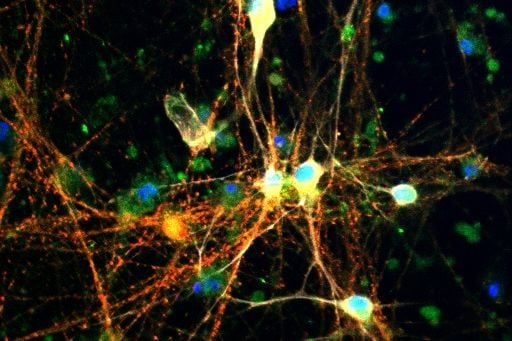
A new Buck Institute discovery reveals neurons process sugar in a surprising way— and unlocking this “brain sugar” pathway could lead to powerful Alzheimer’s treatments.

SHORT-TERM MEMORY lapses are obvious signs of Alzheimer’s, but other tell-tale signals begin to show much earlier. Learn how to look for semantic impairments, such as simple questions about size.

Three important dementia studies focus on HS-AGING, a type of dementia almost as common as Alzheimer’s in the 85+ group. Yet few people have heard of it. Why? What makes it different?

An intriguing study of 120 grandmothers might surprise you. Doctors know socially engaged people have better cognition and less dementia. But can a person get too much of a good thing? What’s the right balance?

Enjoy this great duet between a musician with dementia and his son. A triumph of spirit over Alzheimer’s! Sing-a-long if you like!
No spam, only news and updates.


